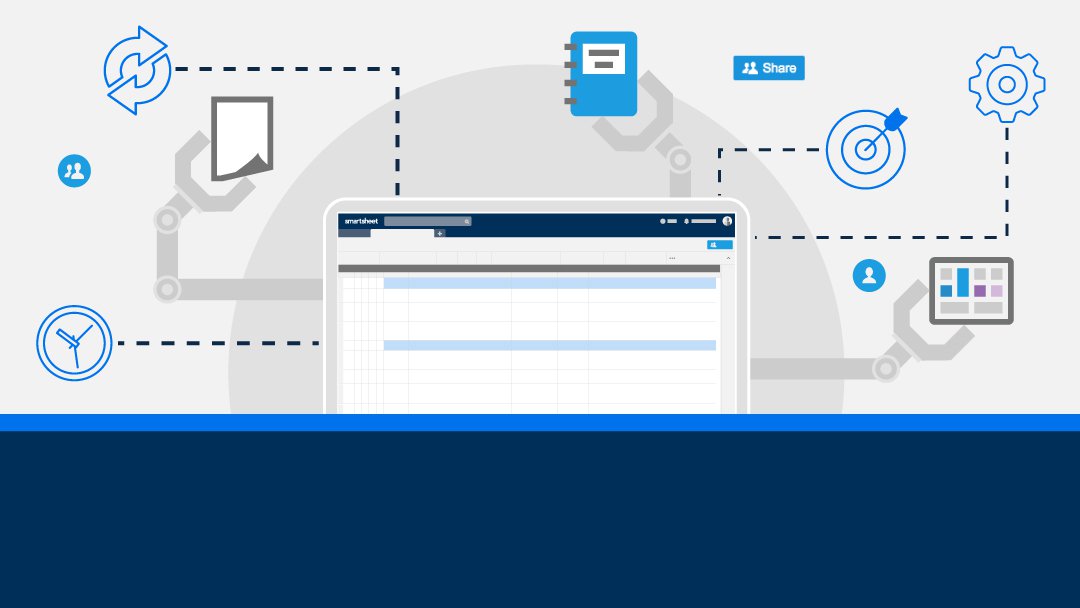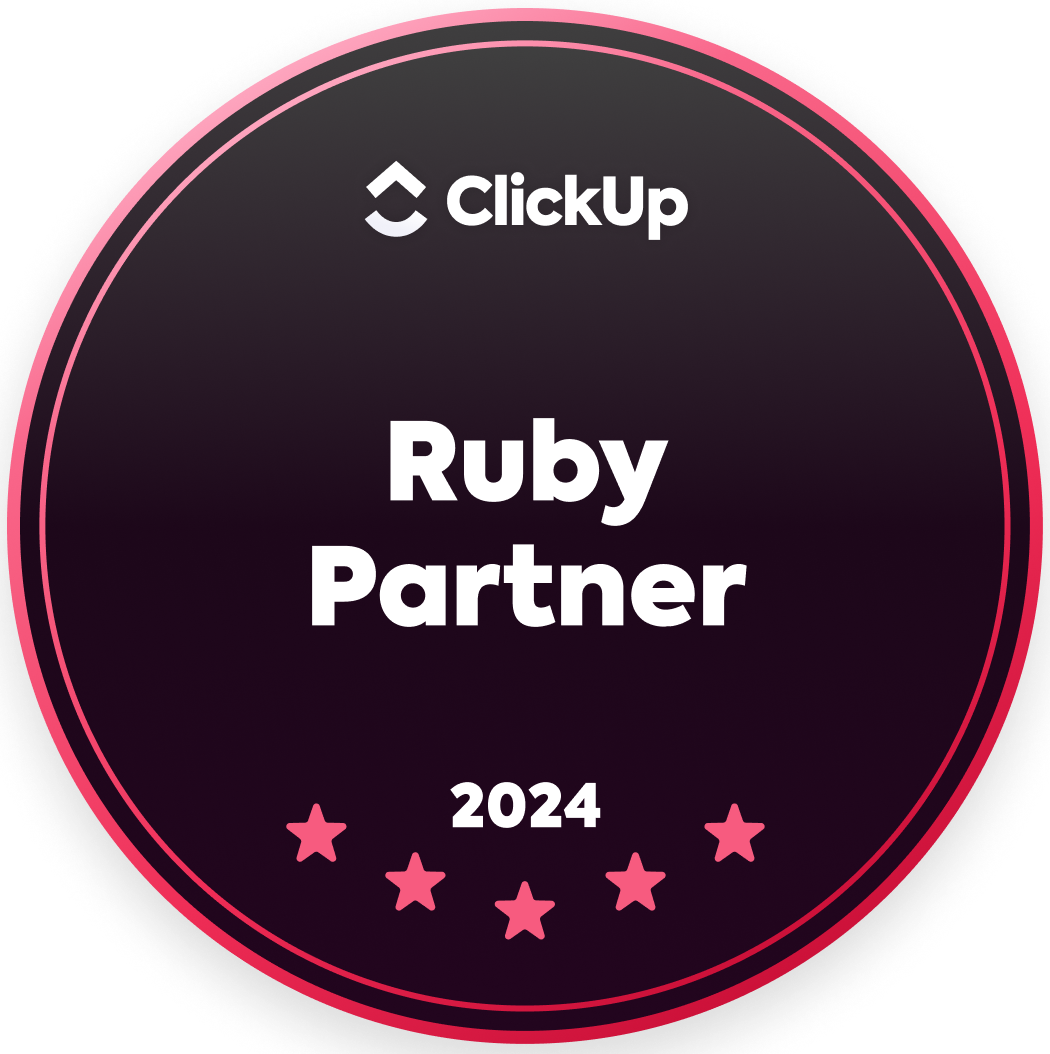|
Automation can free up time by taking over tasks. But turning that free time into time for innovation takes practice.
Most business leaders will tell you that creativity is critical to business success. In a study by Forrester, 82% of leaders surveyed believed in a strong connection between creativity and business results. And that’s not just perception. Companies with cultures that encourage creativity outperform their competitors by driving innovation, revenue growth, and market share. Furthermore, over two-thirds of the companies that were ranked highly for fostering creativity have received awards and recognition for being a “best place to work.” Creativity — or the ability to be creative at work — is also important to employees, and may be lacking. Nearly a third of employed U.S. adults would take a pay cut for a job that allowed them to be more creative, according to a Creative Live survey. Smartsheet Recognized as a Leading Offering for Early Adopters Pursuing Digital TransformationBELLEVUE, WASH. (PRWEB) AUGUST 10, 2017
Smartsheet, the world’s leading cloud platform for managing and automating collaborative work, today announced that it was named to the Constellation ShortList™ for Social Task Management for the third consecutive period. Constellation evaluated more than 20 solutions categorized in this market and selected the top eight vendors that provide the key functionality and requirements for early adopters pursuing digital transformation initiatives. According to Constellation Research, the explosive growth of enterprise collaboration software has created a new set of demands on employees’ time and attention. As people openly share information with their colleagues across a variety of tools, including email, social networks, and file-sharing services, staying organized and knowing what needs attention is a real challenge. Information workers spend a significant amount of time on manual, repetitive work. More than 40% of respondents to a recent survey said they spend at least a quarter of their work week on manual, repetitive tasks. And nearly 60% of information workers estimated they’d save at least six hours each week if these aspects of their jobs were automated.
Those same information workers also see the potential benefits of automation. Sixty-nine percent think automation will reduce time wasted on repetitive work, and 66% say automation will help eliminate human error. Over 75% of respondents say automation will free up time for more interesting, valuable assignments — work they are eager to tackle. |
|
Care line: +603-9212 0157
|
Leave us your inquiry |
|
This company is registered with the Ministry of Finance, Malaysia.
Equip your organisation with digital solutions & training that inspire innovation and joy at work. Copyright © 2024 57Network Consultancy Sdn. Bhd. Company Registration number : 202001020346 (1376666-K) All rights reserved. |







